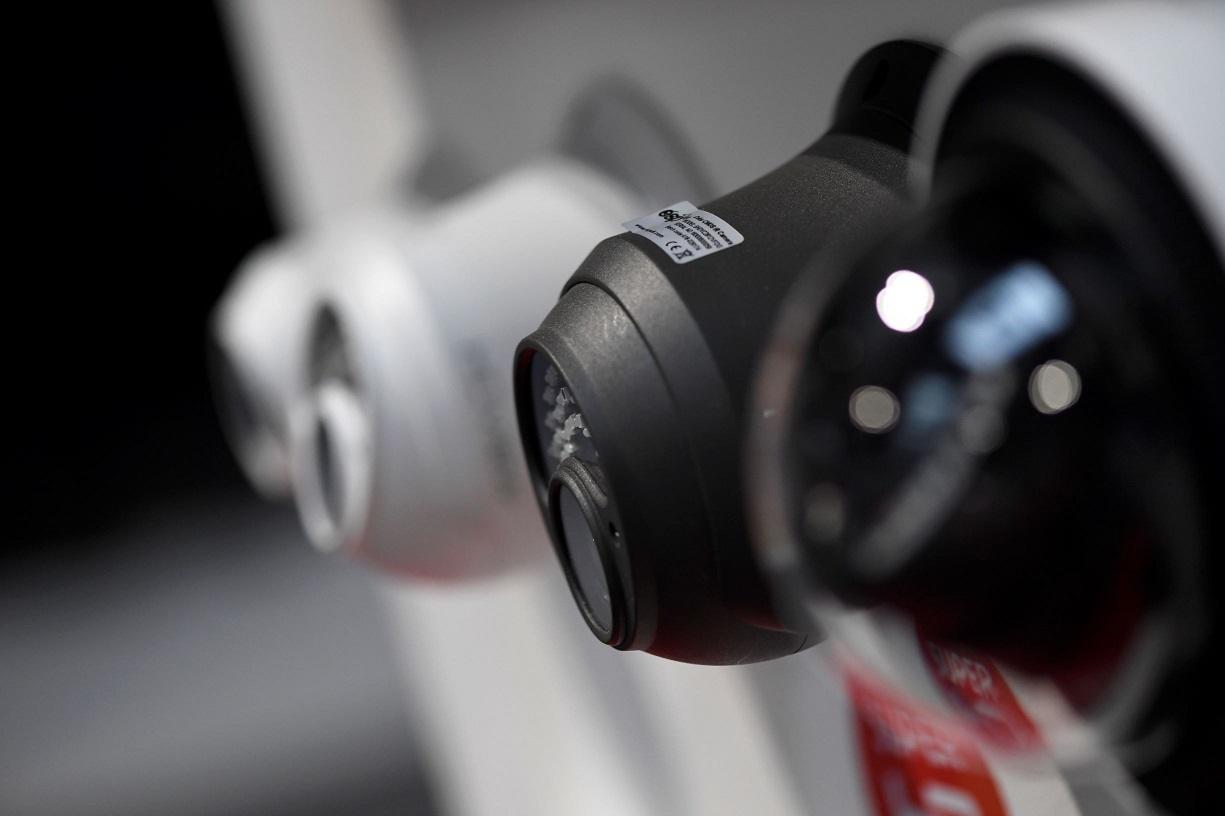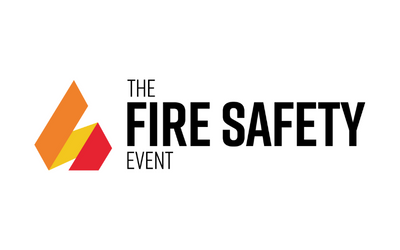Size Does Matter
)
The role of fixings and fasteners in key safe security is crucial but often overlooked. Keynetics explains how fixings supplied for mounting a product to a substrate contribute to (or decrease) its overall security levels.
Let’s face it, any security product that is fixed to a substrate in a public space is only as secure as its fixings, and key safes are no exception. The integrity of a key safe isn't solely reliant on its resistance to tampering and vandalism, although that's undeniably crucial; the quality and size of the fixings used to attach it to a wall are equally pivotal.
Otherwise, it runs the risk of being easily removed from a wall in a matter of minutes, if not seconds, potentially leading to in a property break-in, costly key and lock replacements, and undermining end-users’ confidence not only in a specific product, but in the entire concept of keys storage at the point of entry, all due to a single underperforming key safe fixing.
Size or Quality? Striking the Balance with Both
Size indeed matters. It is common sense that when under attack, chunky, large structural bolts would hold a key safe in place far more effectively than smaller anchors or mere wood screws, which some key safe brands offer as a standard securing method.
However, the numerous professionally executed attack tests that Keynetics has conducted underscores that the quantity and quality of fixings is equally important. When tested in real-world scenarios, fixings of identical size do not necessarily ensure identical performance.
Fixing tests within the security accreditation process
Through years of product development and continuous accreditation, Keynetics has discovered that the choice of fixings can be the final deciding factor in whether a key safe passes or fails during an attack test. Keynetics’ accreditation with LPCB encompasses two critical facets of key safe robustness: attacking the key safe itself and detaching it from a substrate. The latter is significantly dependent on both the fixings used and the product’s design.
For Keynetics, this means conducting extensive research into fixings and ongoing testing, which sometimes includes a trial-and-error approach to identify the best-performing fixings for the key safe applications.
Furthermore, the company provides different types of fixings sourced from meticulously selected suppliers, based on the type of substrate, such as brick, concrete or metal.
Installing it right
Fixings imply installation. While key safe installation may seem straightforward and takes little time, it must be done correctly to eliminate potential security risks, especially in commercial applications. Keynetics offers a nationwide installation service for all key safes. Alternatively, full training and support materials are provided to clients’ installers to ensure that the process is executed correctly, preventing any missteps that could compromise key safes’ security rating and certifications, and providing reassurance to end users’ that keys are stored safely.
When in doubt, always seek information from your key safe supplier to find out more about the most crucial elements and product components. Keynetics is always eager to help and answer any questions regarding key safe products, access management, security accreditations and commercial applications, underscoring its commitment to ensuring robust security solutions.
Find out more about Keynetics: https://www.keyneticsltd.co.uk/







